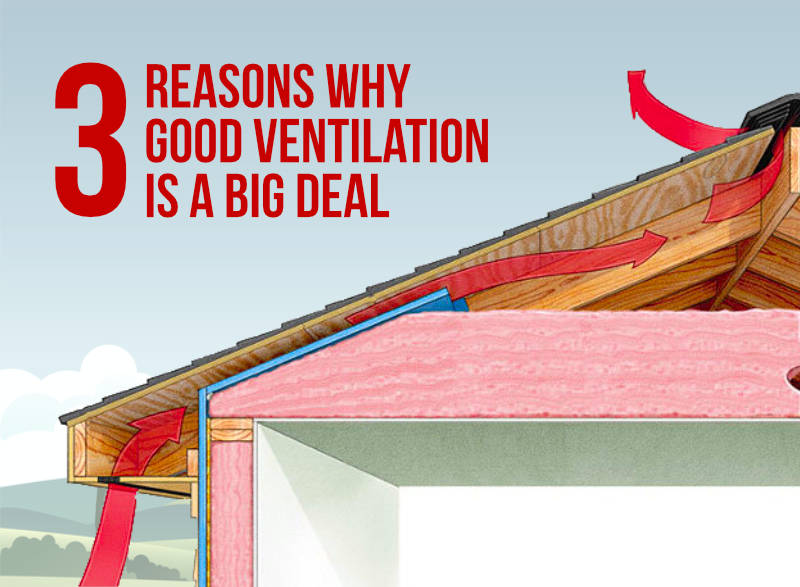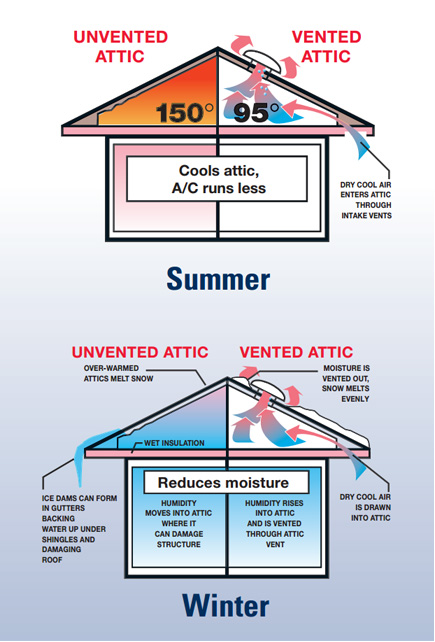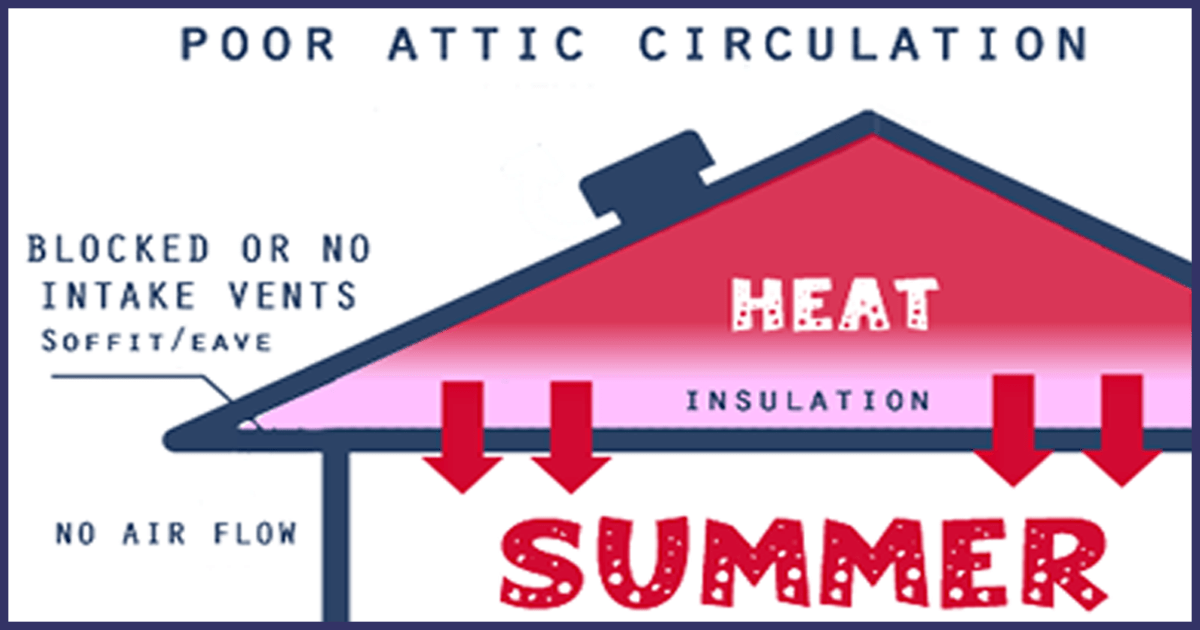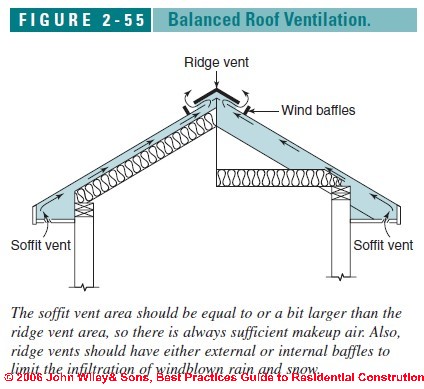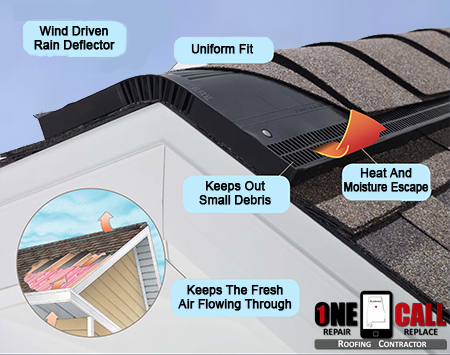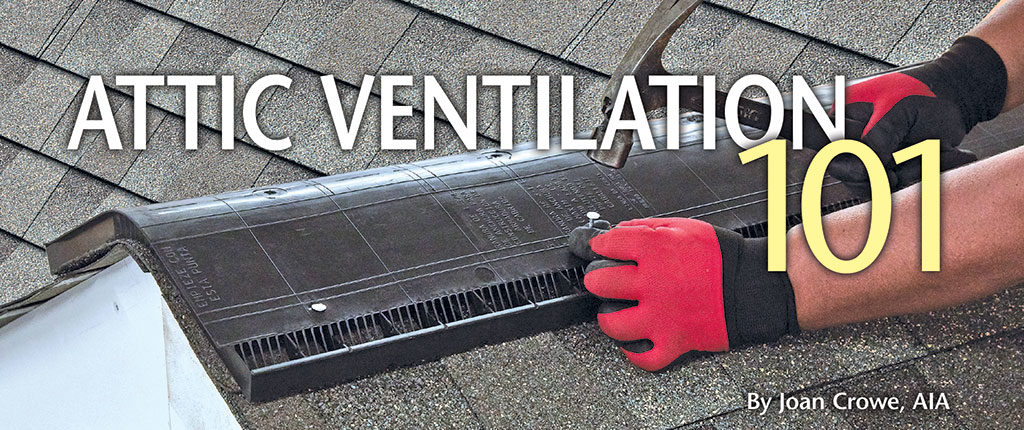Attic Ventilation Requirements And Benefits

More attic ventilation is good.
Attic ventilation requirements and benefits. See the benefits of attic ventilation a new roof is more than just shingles. Typically building codes include minimum requirements applicable to attic ventilation. Proper attic ventilation consists of a balance between air intake at your eaves soffits or fascias and air exhaust at or near your roof ridge. Proper attic ventilation can be an impor tant performance consideration when design ing and installing steep slope roof systems.
At first it may seem odd to add insulation for warmth and then purposely allow cold air to enter the attic through vents but this combination is the key to a durable and energy efficient home. Understanding whether your home could benefit from some form of attic ventilation might just be if not a life saver a roof saver. Feet of attic space divided 50 50. In order for attic ventilation to work effectively however the ventilation system must have balanced intake and exhaust.
Good insulation reduces fan effectiveness. Intake vents located at the lowest part of the roof under the eaves allow cool. Foot of ventilation for every 150 sq. Code requirements the international building code.
About attic ventilation natural attic ventilation. Prior to installing the ridge vent a 1 inch wide strip of roof decking is cut out along both sides of the ridgeline to allow for air movement through the vent. Here are some of the myths and the facts you need to know about attic ventilation. Federal housing authority recommends a minimum of at least 1 square foot of attic ventilation evenly split between intake and exhaust for every 300 square feet of attic floor space.
The roofing industry also has practical guide lines for attic ventilation. Effective attic ventilation systems reduce damaging heat and moisture in your attic promote energy efficiency by helping to reduce the load on your air conditioner in the summer and also reduce the risk of ice dam formation on your roof. Attic ventilation fans whether hard wired or powered by their own solar panels seem like a low cost and effective way to help keep your house cool. Balanced ventilation balanced ventilation is achieved when intake and exhaust allow for same amount of airflow because the natural forces of air pressure create a push pull effect around your roof.
The downside of attic ventilation fans. Attic ventilation works on the principle that heated air naturally rises primarily utilizing two types of vents. A ridge vent is a ventilation strip that is placed along the ridgeline of the home. It is important that air movement occurs and is not impeded by any framing members of the.


